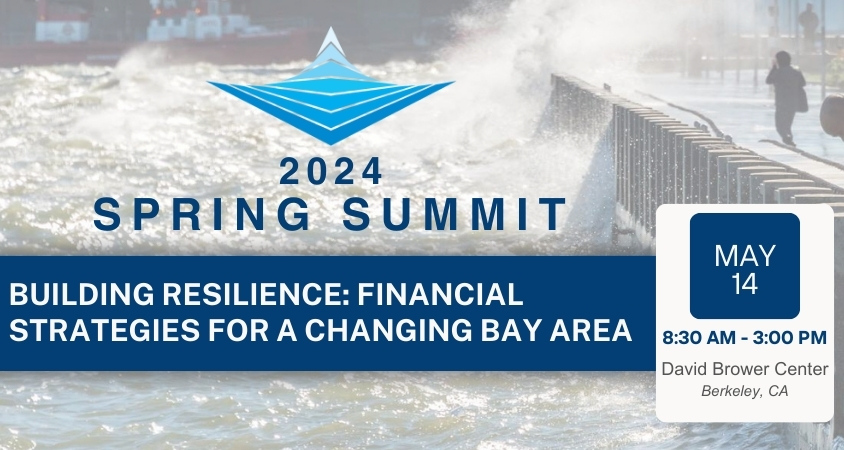US Outlook Report: Global Malaise
The global economy continues to be one of the biggest risks for the U.S. economy over the near-term. As the International Monetary Fund (IMF) annual meetings conclude in Washington DC, we received another sobering dose of forecasts from the IMF after years of global growth disappointment.
The IMF, decrying subdued global demand, warns of rising protectionist policies, rejection of cross-border integration, and political discord more generally. They call for urgent global government action relying on all policy levers to head off further growth disappointment; including accommodative monetary policy and additional fiscal spending where possible in order to refute perceptions of policy ineffectiveness or that the rewards of growth only accrue to those at the higher end of the income distribution.
The list of downside risks to the global outlook for 2017 continues to grow from Brexit, the rebalancing of China’s economy, stagnation in advanced economies, and protectionist policies. Add to the list non-economic shocks that could threaten global confidence and growth, including the spread of the Zika virus in Latin America, the Caribbean, and Southern United States, multiple acts of terrorism, and conflicts in Africa and the Middle East.
On the bright-side, the initial financial contagion expected from the Brexit vote has turned out to be lighter than anticipated, but it’s still far too early to get complacent. Contrary to expectations before the U.K. vote, U.K. manufacturing PMI’s have soared as the Pound has plunged against the dollar and other global currencies.
Damage to the U.K. economy has been delayed as a result, but the economic and financial shock is still going to play-out over a longer-time horizon, kind of like a slow-motion car crash. The U.K. government has finally set a timetable for the Article 50 negotiations to begin by March 2017. The process could take up to 2.5 years from today. Key negotiation discussions will surround issues such as immigration and access to the European single market.
Today, a hard Brexit appears the most likely outcome as the U.K. and EU take opposing positions. Prime Minister Theresa May’s government signaled last week that they would place restrictions on immigration from the European Union. The European Council President Donald Tusk shot back this week saying, “the only real alternative to hard Brexit is no Brexit. He warned that the EU would not compromise on its insistence that freedom of movement will be conditional for Britain’s access to the single market. Global banks have already been signaling that they could move considerable operations out of the U.K., perhaps to New York, should the U.K. lose its financial passport agreement with the European Union. Renegotiation of new trade agreements could take even longer, 5-years or more. Bottom-line, the global drag from Brexit is just beginning and it could be a prolonged affair.
Global trade growth is shrinking as globalization reverses and economic policies turn increasingly inward-looking. Global trade volumes actually contracted in the second quarter of 2016. This is one of the most telling signs that the global economy is ailing and forecasts for its swift recovery in 2017 may once again prove too optimistic.
To find out more, check out this week’s US Outlook Report.
Tags: Bank of the West, global economy, US economy, US outlook
